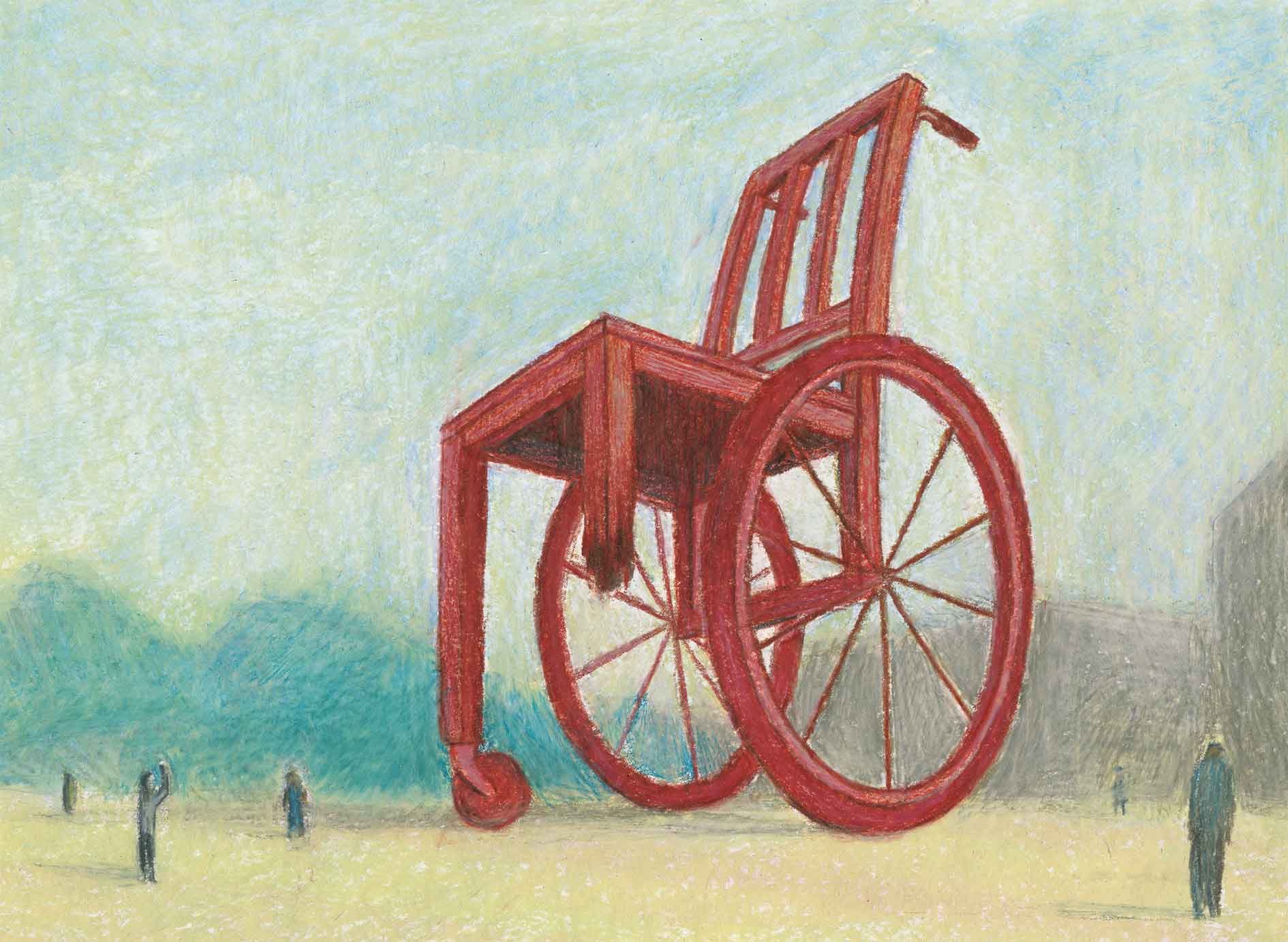Most of us regularly check the e-mails and other texts we write for spelling or grammar mistakes before sending them, but how many of us use an accessibility checker to make sure that they can be read easily by colleagues who are blind? Do we know what pitfalls, such as embedded signatures, to avoid? Also, are we aware and supportive of staff members with dependents with disabilities who may need adjustments to their working arrangements, to be able to balance their professional and family responsibilities? These are just two of the many ways in which we, on an individual level, can all contribute to implementing the United Nations Disability Inclusion Strategy (UNDIS), adopted in 2019 as a UN system-wide policy, and to bringing about true disability inclusion at UNOG.
Efforts in this regard are being led by the Disability Inclusion Team, comprising staff members from a wide range of roles at UNOG. Essentially, the team seeks to identify the ways in which UNDIS can be translated into action across the four core areas of the strategy: Leadership, Strategic Planning and Management; Inclusiveness; Programming; and Organisational Culture, reporting back every year on the basis of the UNDIS Accountability Framework’s fifteen common indicators.
Inclusiveness, for example, encompasses both the crucial principle of accessibility as well as closely consulting and actively involving persons with disabilities in everything we do. The physical accessibility of the Palais des Nations was not a prime consideration when it was originally built, but it is one of the key performance objectives laid out for the Strategic Heritage Plan (SHP) in A/66/279. Expert advice provided by members of the Disability Inclusion Team, who have disabilities themselves, has been incorporated into the design and architectural solutions defined in the SHP.

At the same time, accessibility has for many years been a feature of a growing number of conferences and meetings held at UNOG, through the provision of services such as sign language interpretation and live captioning, included in the remote meeting format which has predominated over the past year. Indeed, UNOG joined forces with the World Federation for the Deaf in a webinar marking the International Day of Sign Languages, designed to guide States on providing sign languages to everyone, whilst Director-General Tatiana Valovaya set the example by taking up the Sign Challenge to start learning a new language! The Disability Inclusion Team is always on hand to support meeting organisers in ensuring that all their events, whether directly related to disability or not, are accessibly designed from start to finish, and for whom an extensive standard operating procedure (SOP) on accessible meetings, with many checklists and step-by-step guides, has been published on the UN Geneva website. After all, inclusion means considering everyone’s interests from the outset, rather than having them as contingent add-ons.
The SOP is in fact just one of a whole range of internal and external resources making up the Disability Inclusion Toolkit on iSeek, the go-to place for everyone who wants to know more about how to make their work inclusive, with information ranging from inclusive language to digital accessibility. The latest addition to the toolkit is the UN Disability Inclusive Communication Guidelines, a must-read for all staff. International organisations, public entities, non-governmental organisations and private-sector companies are all involved in developing such toolkits at the moment, and so, with such an array of online resources, UNOG staff members are invited to contribute to the toolkit with the information they have found useful during their own research.
The Disability Inclusion Team is also taking regular action to develop a culture of inclusion at UNOG, from briefings to different stakeholder groups to awareness-raising initiatives, particularly with regard to the various international days commemorated by the UN to promote the rights of persons with disabilities, such as the short quizzes for staff to test their knowledge on the occasions of the World Down Syndrome and World Autism Awareness days. (Do you know when they are?) Ultimately, the UNDIS is all about ensuring that the UN leads the way in disability inclusion, and UNOG, as the “home” of the Committee on the Rights of Persons with Disabilities (CRPD), has much experience and expertise to offer, but also the duty to set an example: on the one hand, by ensuring that persons with disabilities find an empowering environment in the workplace in which to fully and effectively participate, and on the other, by ensuring that our facilities, events and communications are accessible and inclusive of everyone: the public, delegates, and, of course, our colleagues.



